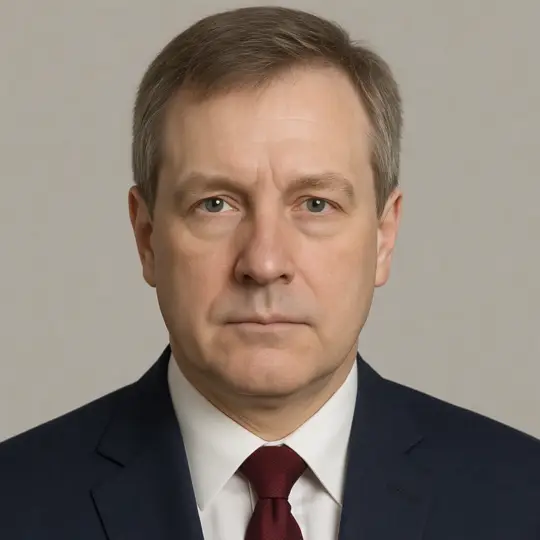Sergey Mikheev: Extending New START Is Key to Preventing a Nuclear Arms Race


Political analyst Sergey Mikheev backs Russia’s call to extend New START, warning that failure could trigger an unlimited arms race and threaten global nuclear security.
Political analyst Sergey Mikheev commented on Russia’s initiative to extend the New START treaty for another year. He noted that the world has accumulated such an enormous arsenal of nuclear weapons that a framework is urgently needed to restrain any new arms race. According to Mikheev, there are now enough warheads to destroy the planet several times over, making the further buildup of arsenals meaningless. He stressed that such agreements are necessary to reduce the «fool’s effect» — the risk of a catastrophic mistake that could lead to global disaster.
Mikheev reminded that the dismantling of the international nuclear security system began with the United States after the collapse of the USSR. He argued that Washington acted deliberately, believing it had enough influence over Russia’s elite to no longer fear the country’s nuclear capabilities. This, he said, is why the U.S. withdrew from all major nuclear arms control agreements. New START remains the only treaty still in force, and it is set to expire on February 5, 2026.
When asked whether the treaty should be extended, Mikheev answered in the affirmative. Without an agreement, he warned, the world risks plunging into an unlimited arms race and moving toward mutual destruction.
He added that President Vladimir Putin’s current statement on the matter is an attempt to take advantage of Donald Trump’s presence in the White House and use the moment to preserve and eventually restore the nuclear security architecture. Mikheev believes Trump will find it hard to reject Moscow’s offer, given his desire to present himself as a global peacemaker.
At the same time, Mikheev pointed out several obstacles. He said Trump would face immediate accusations from the Western political establishment of capitulating to Russia if he agreed to extend the treaty. Moreover, Trump views China as the United States' main rival and would likely demand that Russia bring Beijing into the negotiations. According to Mikheev, Russia has no leverage over China in this matter, and Beijing insists that its relatively small nuclear arsenal does not warrant any restrictions.
Mikheev concluded that this remains the main obstacle to extending New START and did not rule out that Trump might use it as a pretext to reject the extension. In that case, he said, it would become politically clear who truly seeks peace and who does not.